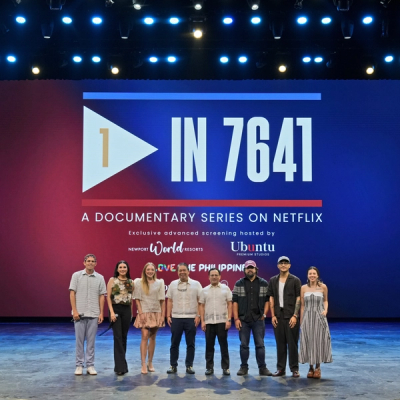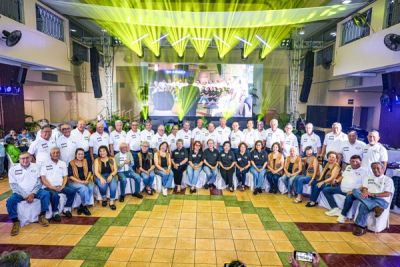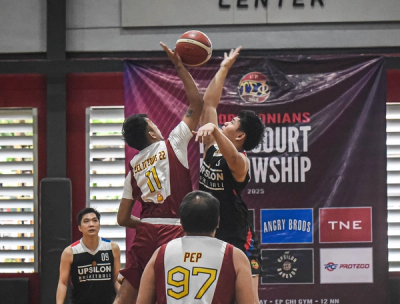Business
Bonds over Berries: The Story of IntelliFarm
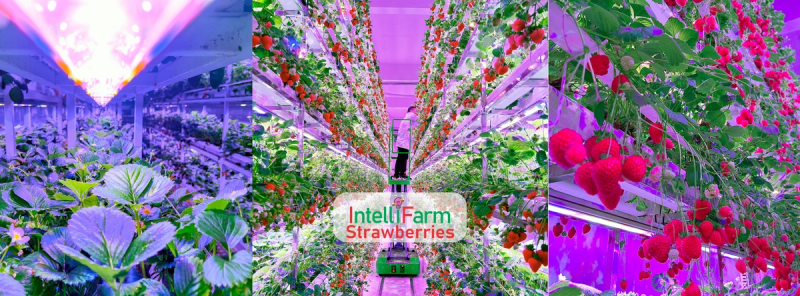
Lewis Yu ’86 never imagined himself as a farmer. He was already a man who had built what most would call a full life: thriving businesses, the trappings of success, and a family that anchored him. But comfort, he found, carried its own weight; the kind that pulls you down. And for a man used to challenge, predictability had begun to dull Lewis’s edge.
That changed when he met Jayson Fumera 2017, a young agricultural engineer with a dream: to revolutionize farming and food production in the Philippines. As the two grew closer, Yu began to see that dream as something he wanted to share. In time, it became a reality when they worked together to build the very first indoor, climate-controlled vertical strawberry farm in the country. Behind this effort is the story of two men from different generations who placed their trust in each other to create something that had never been done before.
Yu describes the project simply: “the first controlled-environment farm in the Philippines. We control everything from the temperature, humidity, and light spectrum.”
In practice, this meant repurposing a warehouse in Pasig City into an indoor farm. Instead of sunlight, rows of strawberries grow under LED panels tuned to emit only the wavelengths plants need for photosynthesis. Temperature, humidity, airflow, and even water purity are constantly adjusted. The result is an environment that allows strawberries — notoriously difficult to cultivate in the Philippines — to grow consistently and pesticide-free, right in the middle of the city.
The farm has even opened its doors to visitors, offering guided tours to showcase the novelty of growing strawberries indoors. It is both a proof of concept and a glimpse into what urban agriculture might look like in the years to come. Globally, many vertical farms in Europe and the United States have dazzled with their technology but failed commercially, crushed by energy and infrastructure costs. Yu and Fumera sought a leaner model: starting small, using an idle warehouse instead of new construction, and keeping investment low while testing whether such a venture could survive in local conditions.
Why strawberries? That answer goes back to Yu’s story with Fumera and how their partnership began. Before 2023, they had never even met. Then came a call. Fumera introduced himself, shared his background — UP Los Baños, Wageningen University in the Netherlands, a DOST scholar — and explained his situation. He was applying for a Japanese visa for an internship and needed to show proof of financial capacity. “If you can lend me the money so I can show the consul, I will pay you back,” Fumera said.
Yu agreed without hesitation. The visa was secured, and when Fumera returned from Japan, he went straight to Yu’s home to thank him and repay the loan. That gesture stayed with Yu. “I knew I wanted to work with him,” he said.
By April 2024, while playing basketball, Yu brought up the idea of starting a business connected to what Fumera had been studying. Fumera was cautious. “Brod, I wouldn’t want to risk your money.” For Yu, that humility only confirmed his trust. Soon after, signs pointed to strawberries — his son’s favorite snack, the fruit served at his daughter’s graduation. What started as a coincidence became a conviction.
The risks, however, were obvious. Vertical farms in Europe and the United States had burned through billions and collapsed. “They were able to grow the vegetables, but they never made money,” Yu explained. “Costs were too high. It wasn’t commercially viable.”
Their approach was different. They converted an unused warehouse in Pasig, avoiding heavy capital outlay. “We had space we weren’t using. Even if the project failed, it wouldn’t be such a heartache. Thankfully, it didn’t fail,” Yu said. The move paid off. IntelliFarm became a moderate success, its novelty as the first of its kind giving it traction. But Yu remains clear-eyed. “Malayo na, pero malayo pa.” Far enough to prove the concept, but still a long way from full commercial viability.
For Yu, the journey has been rewarding not only because of the technology but because of the partnership that made it possible. To work closely with someone younger, to build something new out of mutual trust — that is what made the risk worthwhile.
For Fumera, the experience was equally defining. He recalls the uncertainty he faced before reaching out to Yu. Looking back, he says he would not have changed anything. “If I hadn’t struggled, I wouldn’t have asked for help. And I wouldn’t be where I am now.”
And for Yu, who once found himself weighed down by comfort, IntelliFarm has been something more than an experiment in agriculture. It is proof that the edge he thought he had lost was still there — honed again, this time not in boardrooms, but in the rows of strawberries growing under artificial light in a Pasig warehouse.
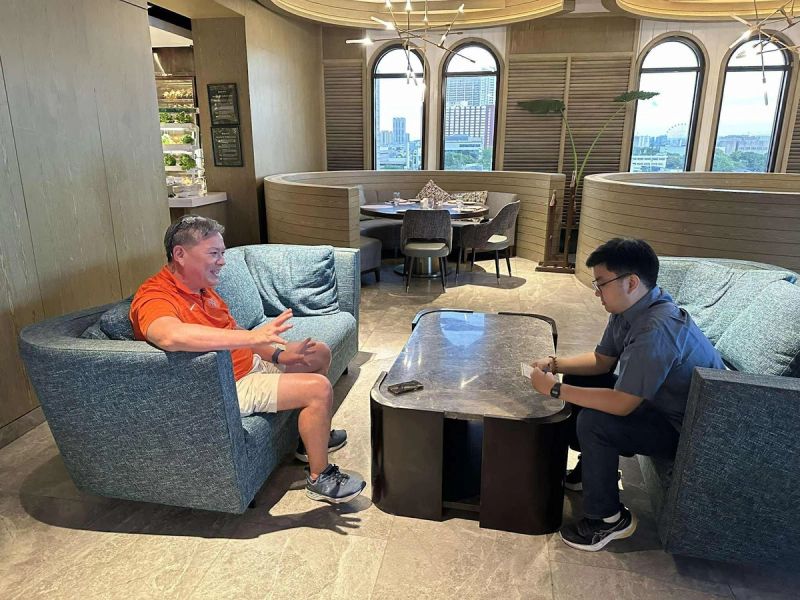
About the Author

Brix Pilapil 2025
Brix Pilapil ’25 discovered his passion for storytelling early on and pursued it at the Ateneo de Manila University, where he earned a BFA in Creative Writing. He has interned at the House of Representatives’ Knowledge Management Systems Bureau and is currently taking his MA in Creative Writing at the UP College of Arts and Letters.
